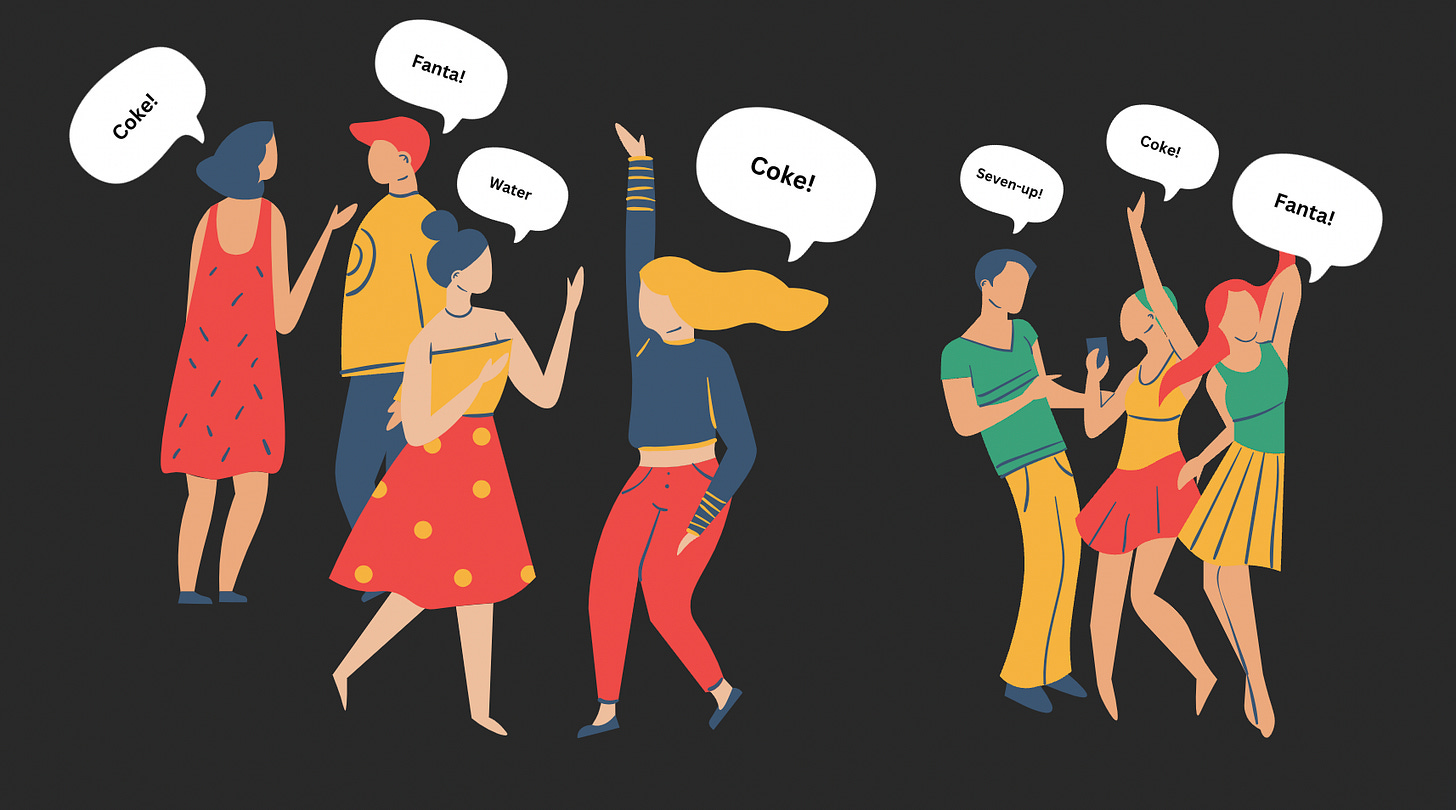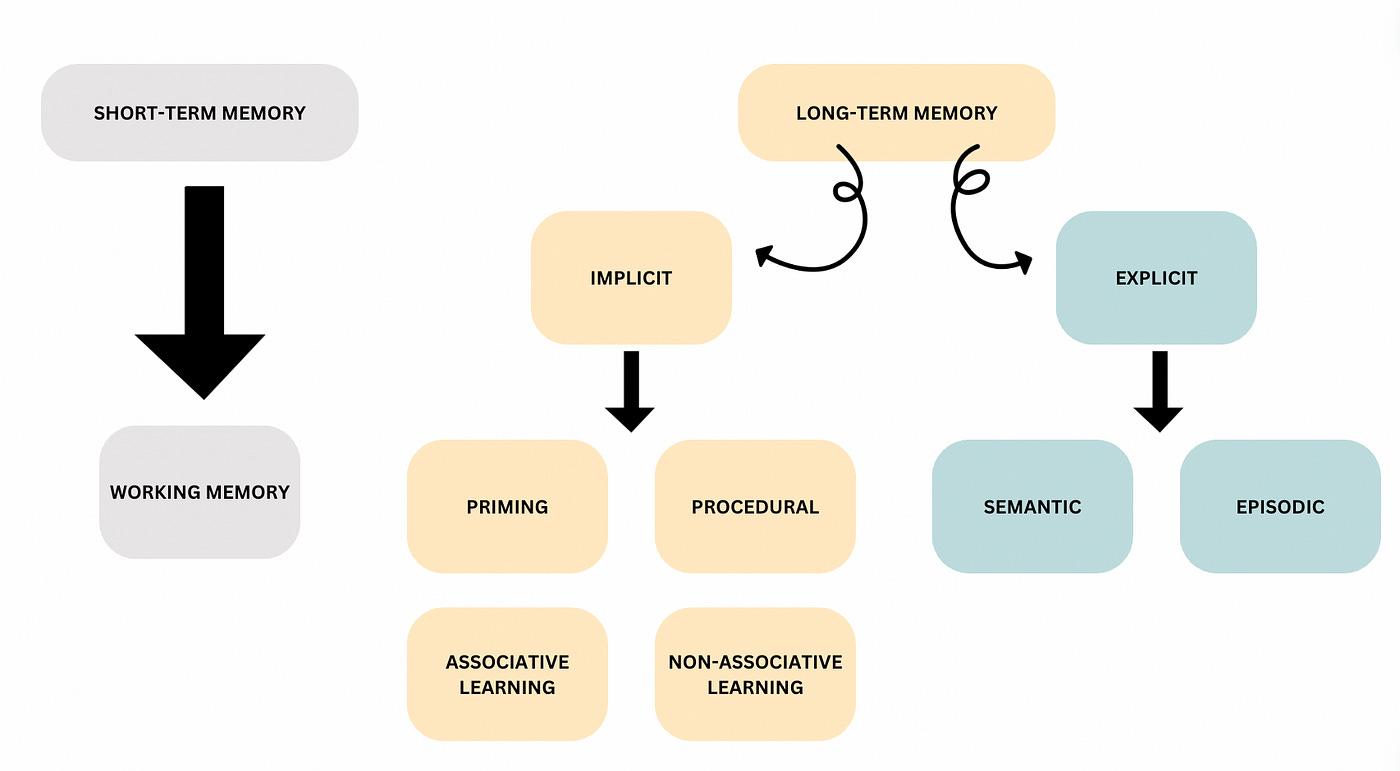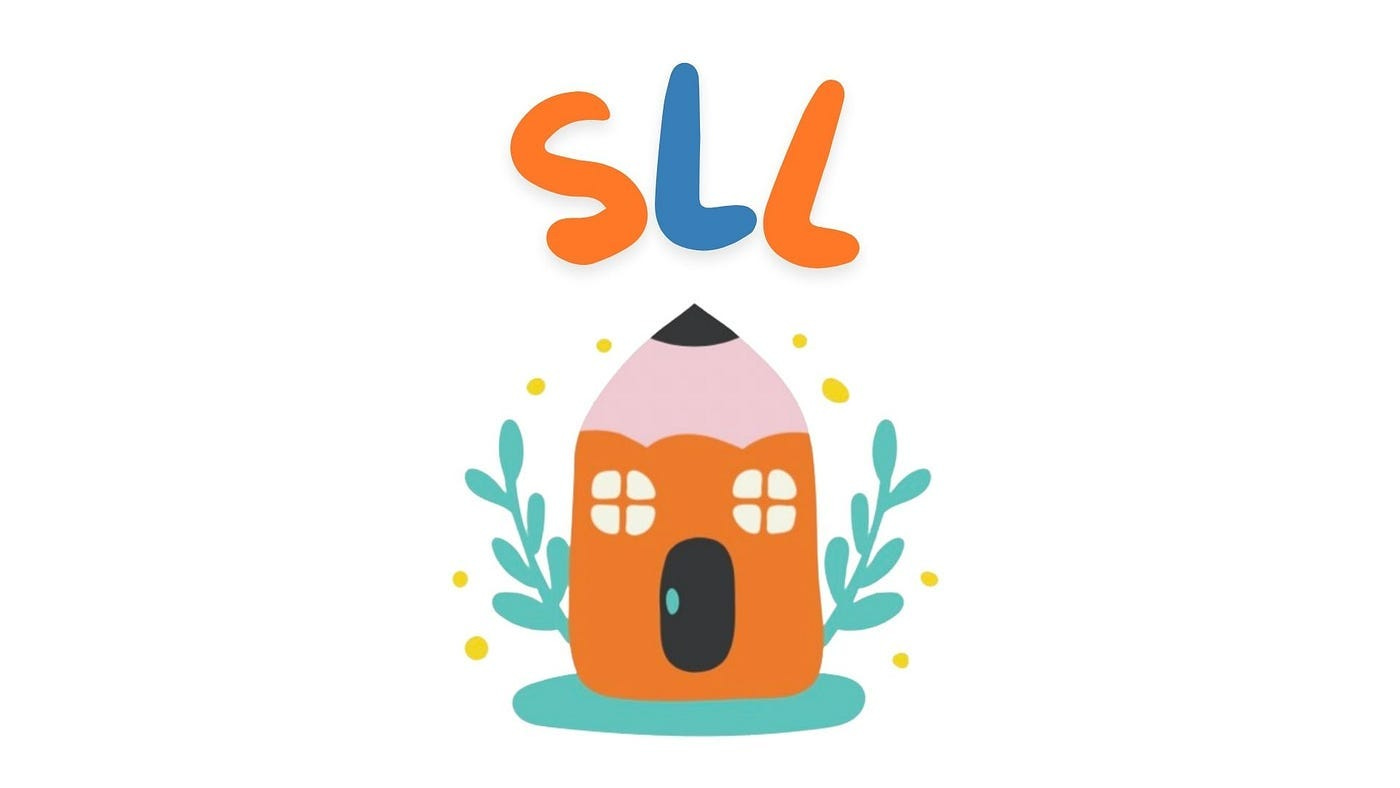
You don’t remember by trying to remember harder.
I know this is counterintuitive. But the more effort you put into rereading, highlighting, and perhaps taking some notes from them will not make the information stick to your head.
Let me show you a better and more effective way to study.
Did You Experience This Before?
Perhaps you experienced this as a student in high school or university.
You have some pages to study for your exam. You sit down and start learning. You highlight and reread them. You become more fluent in reading what you need to study. You repeat this for hours. “Great! I finished studying. I’m ready for my exam” — you think.
The next day, you try remembering this hours before your big exam.
You realize you can’t. You need to check your highlights or the correct answers to do so. Anxiety increases. Stress burns your head. You feel you learned nothing. You feel you are not ready.
Did this happen to you? Well, this is the illusion of learning.
I wrote about this in a previous article. Shortly, this happens when you think you learned something when you didn’t. Sadly, this is one of the main reasons why people learn ineffectively.
The lesson from this is, again:
You don’t remember by trying to remember.
How To Actually Remember What You Study
One word: retrieval.
What is that? Well, it is a strategy to bring information to mind. Doing this, you help link information from your short-term memory to your long-term memory by recalling what you learned so far.
You (can) practice retrieval in many situations:
When you test yourself.
When you do elaborative interrogation (ask and answer how and why questions).
When you close your book and do free recall.
When you study using flashcards.
Sounds familiar, right?
This is what many students do but at the wrong time: hours before their big exam. They close their summaries or books and start recalling what they studied. Good! That’s one type of retrieval practice.
But to understand its effectiveness we need to know a bit about how memory works.
The Psychology of Memory
Memory can be divided into:
Short-term memory: lasts seconds or minutes.
Long-term memory: lasts hours, days, months, years, or a lifetime.
Learning is about linking information to your long-term memory.
When you reread and highlight (or both), you store the information in your short-term memory. This gives you a false sense of understanding by gaining fluency in what you read.
This also happens when you learn something by re-watching course videos.
Let’s use a common day example to understand short-term memory better. Imagine you are in a party with friends. You ask them what they want to drink. They start telling you that. You try to remember everything in your head. “Got it!“ —You think.
You go to buy these drinks but you realize you forgot them—too much information.
This is short-term memory.

In contrast, long-term memory lasts minutes, days, months, years, or a lifetime.
Retrieval is way more effective because it brings information to your mind and links it to your long-term memory. Plus, it improves your metacognition by understanding what you know and don’t know.
The more effort you put into retrieving information, the better you learn.
How To Use Retrieval
Always test yourself.
Use Anki to create flashcards.
Close your notes or summaries and try to recall what you learned so far.
Create and answer what, how, and why questions about what you are learning.
Create tests with Chat GPT to understand what you know and don’t know.
2 Tips To Practice Retrieval
Retrieval is uncomfortable.
Almost anyone hates tests. No one likes to be exposed to what we don’t know. But retrieval is the right path to remember anything you study, learn, or read. If you want to remember what you study and ace your exams: retrieve and test yourself.
So here are 2 tips to include it in your study sessions.
Tip 1: free-recall
Close your book.
Recall what you learned so far (without looking at your book).
Get feedback from the right answer.
See what you know and don’t know.
Repeat.
Tip 2: flashcards
Create flashcards from your material.
Answer the questions honestly, without looking at the correct answers.
Test yourself and get feedback.
See what you know and don’t know.
Repeat.
I hope this revolutionizes your study forever.
It is the best piece of advice I can give you to ace your exams: use effective study strategies to learn. And by using retrieval, this dead-simple technique, you will boost your learning and GPA.
Ready to start your learning revolution?
Some Questions For You?
What do you want or need to study?
How would you apply retrieval in your study sessions?
How would you use tools like Chat GPT to help you practice retrieval?
In the next posts, I will take you on a new journey of learning: ultra-learning and how to defeat student’s worse enemies (hint: one is procrastination).
Until the next time,
Axel




Muito obrigada! Seus escritos têm me ajudado bastante a esmiuçar o aprendizado eficaz.